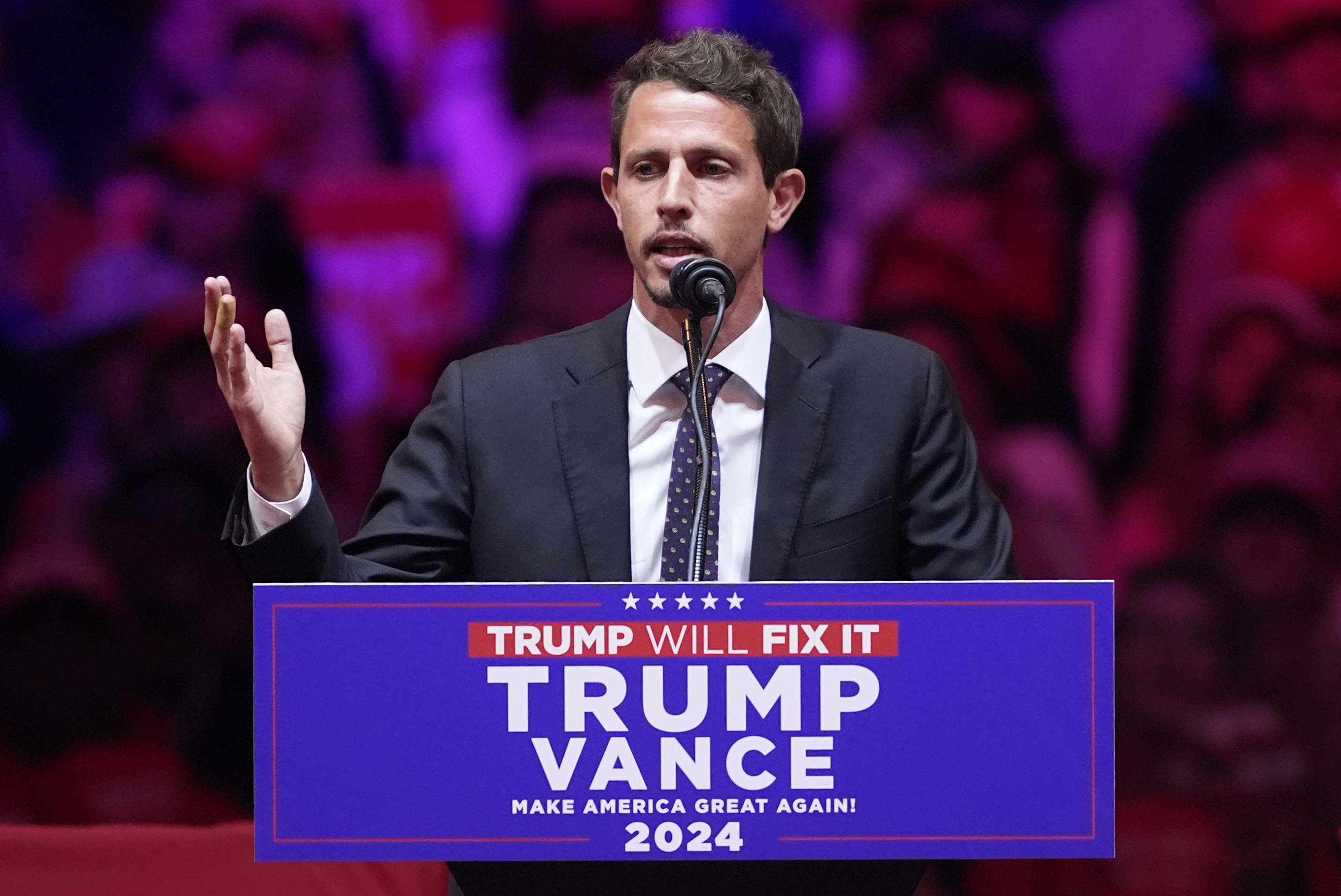Election Day is just over a week away, and while the national focus is on the presidential election, voters in Massachusetts also have a decision to make on who will represent them in the U.S. Senate for the next six years.
Incumbent Democratic Senator Elizabeth Warren and Republican newcomer John Deaton are both vying for votes in the Bay State, addressing some of the biggest issues facing the Commonwealth in sit down interviews with NBC10 Boston.
Among the areas of focus are Steward Healthcare and the closure of Carney Hospital in Dorchester and Nashoba Valley Medical Center in Ayer.
We asked the candidates where they differ in terms of their approaches to this crisis.
“When United Healthcare was going to buy Steward, Senator Warren rushed and said she objected to it because it’s a big, bad corporation. Her anti-business stance is so extreme she didn’t sit back and say, 'Who are the other buyers? What might happen?' That deal fell through,” Deaton said.
But Warren contends that argument doesn’t tell the whole story.
“There was never an offer to buy the hospitals," she said. "What United wanted to buy were the doctor practices -- the last bit of value left in the entire system. But particularly on healthcare, I think we need to beat these for-profit outfits out of our healthcare system.”
The two candidates also differ greatly in their stances on immigration and addressing migrant shelter concerns in Massachusetts.
“It’s bankrupting the state," Deaton said. "We’ve spent over a billion dollars, we’re projected to spend another billion going forward. We’re still operating in emergency status, and we desperately need that reform bill that Senator Warren said no to.”
“The federal government ought to fully reimburse the states for whatever expenses the states incur in healthcare, in education, in housing for the migrants in that state,” Warren said. “That ought to be our key principle. We also, obviously, we need border security.”
On the housing crisis, Warren is pitching a plan to tax the estates of billionaires in order to spur development.
“You lower what it costs to build housing in Massachusetts and the federal government will partner up with you in building a stronger, more vital community,” Warren said.
“It’s not a solution -- it’s not! It’s a slogan,” Deaton said. “We want builders to build, so you have to give them the reason to build it, so here’s some tax credits for you to build low-income housing.”
These are the varying visions that voters will need to parcel out before heading to the polls on Nov. 5. Watch the full interviews with Warren and Deaton in the video players above.




